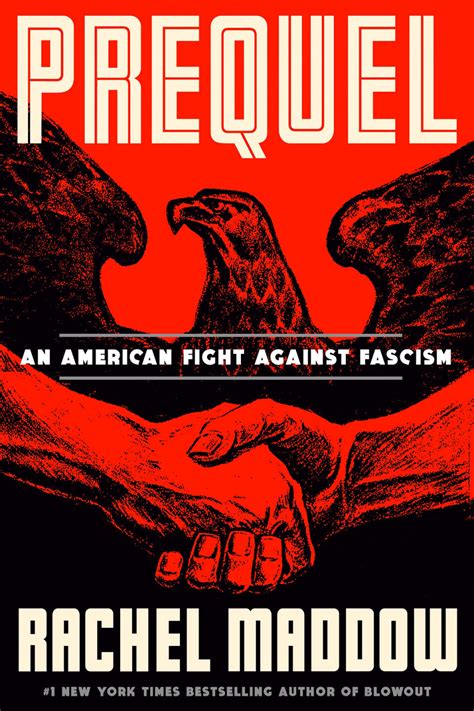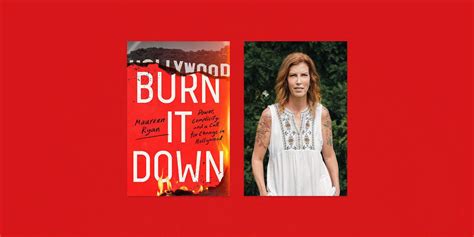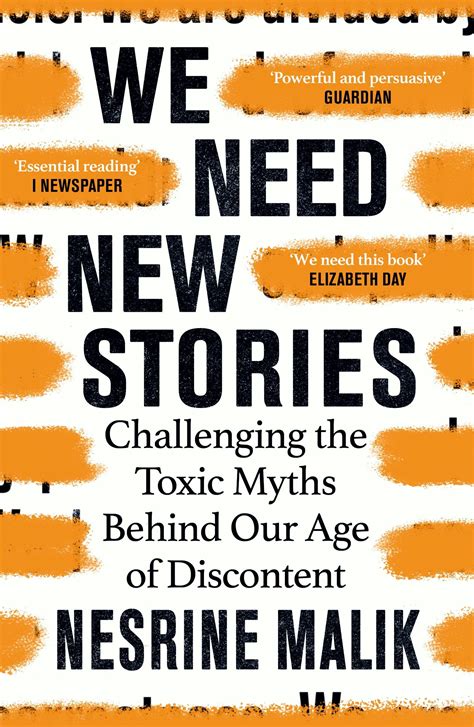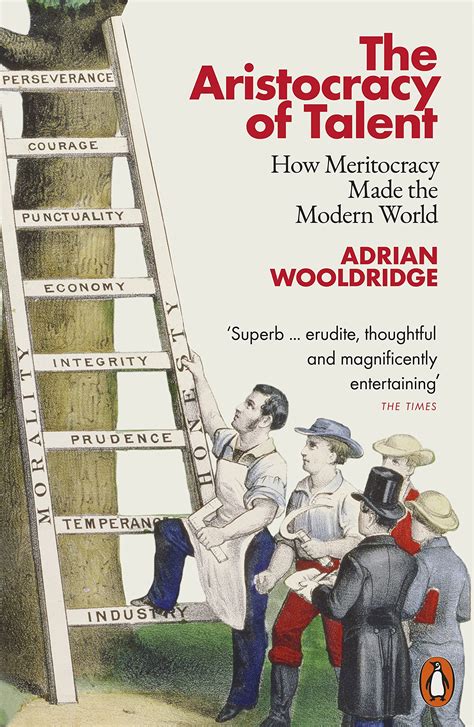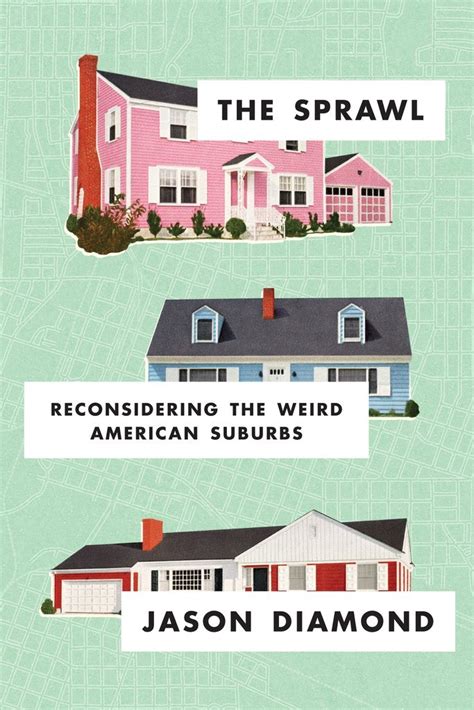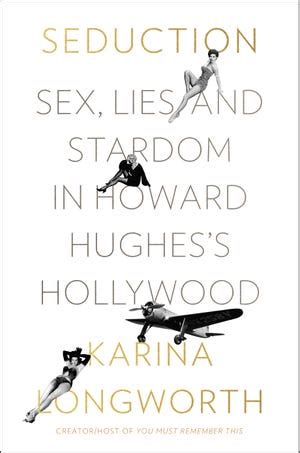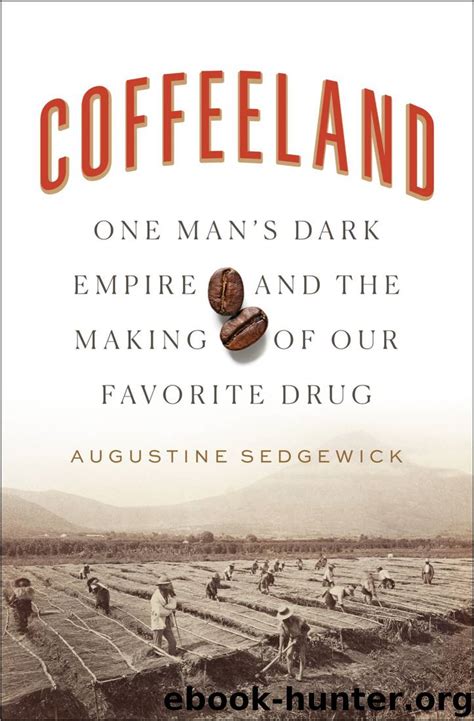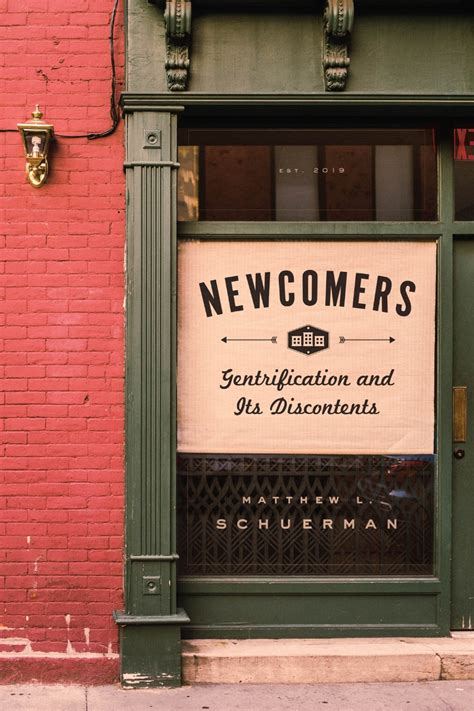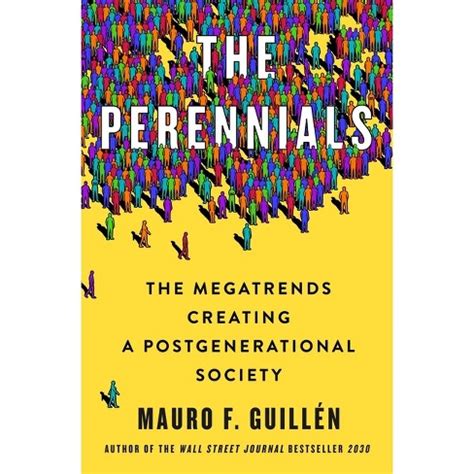Fighting Fascists on the Homefront
Rachel Maddow is a fine writer. Known for her award-winning show on MSNBC, Maddow has authored several books. Her latest, Prequel: An American Fight Against Fascism, is a well-researched and engaging work of popular history. It is an important book, too, for it shines a light on a often-overlooked episode in America’s past. Prequel offers a look at many of the key fascist activists and spies in the U.S. leading up to World War II. Long on personalities, the book brings the story to life through peppery prose and close attention to individuals and conflict. It is no accident that the book opens with a “Cast of Characters.”
Drawing on a wealth of traditional scholarship that Maddow graciously acknowledges, Prequel is strongest when demonstrating how some American fascists gained influence and how they failed or were stopped. We know many of their names. The architect Philip Johnson was an earlier Nazi supporter, and while Louisiana Senator Huey Long was murdered before Hitler gained power, Maddow rightly attends to his anti-democratic tendencies. So, too, does the enormously popular radio host, Father Charles Coughlin, who made antisemitism a key component of his message.
Prequel hits its stride when Maddow writes about the anti-fascists. A courageous young Minnesota journalist, Arnold Eric Sevareid, investigated the “Silver Shirts,” a local fascist organization. Leon Lewis, a California lawyer, created an anti-fascist spy organization to gather information. He and his team did daring work yet government officials were reluctant to act. It is a recurring theme that Maddow underscores: consistent unwillingness to take the fascist threat seriously. Nonetheless, it was a significant concern, particularly as she recounts the theft of weapons and ammunition and accompanying training by the “Country Gentlemen” in New York State. Public statements supporting Nazi Germany, Nazi anti-Jewish pogroms, and explicit antisemitism were rampant. Yet few were censured and when the law was broken, convictions were equally rare.
Other lesser known heroes include FBI agent Leon Turrou, whose story infiltrating a Nazi spy ring was made into a popular movie. Justice Department prosecutor O. John Rogge sought cases against fascists and Nazi sympathizers. And most surprising, a direct mail advertiser, Henry Hoke, led a person campaign that uncovered the free franking of anti-Jewish mailers by federal elected officials sympathetic to the Nazi cause. Germany at the time was working to stoke divisions in American politics. The fight against the Nazis in the 1930s was not an organized coordinated effort. Instead, it was led by the heroics of people in different roles and places, people who took it upon themselves to defend democracy.
Maddox does not talk about current affairs in Prequel but the present is never too far from the book. It is for good reason, too. Democratic rights are not a given. Instead, they require ongoing protection and action. This was true in the years leading up to World War II, just as it is today.
David Potash
Additionally, you may also read this article about Interac e-Transfer. Read on to learn more about it.
